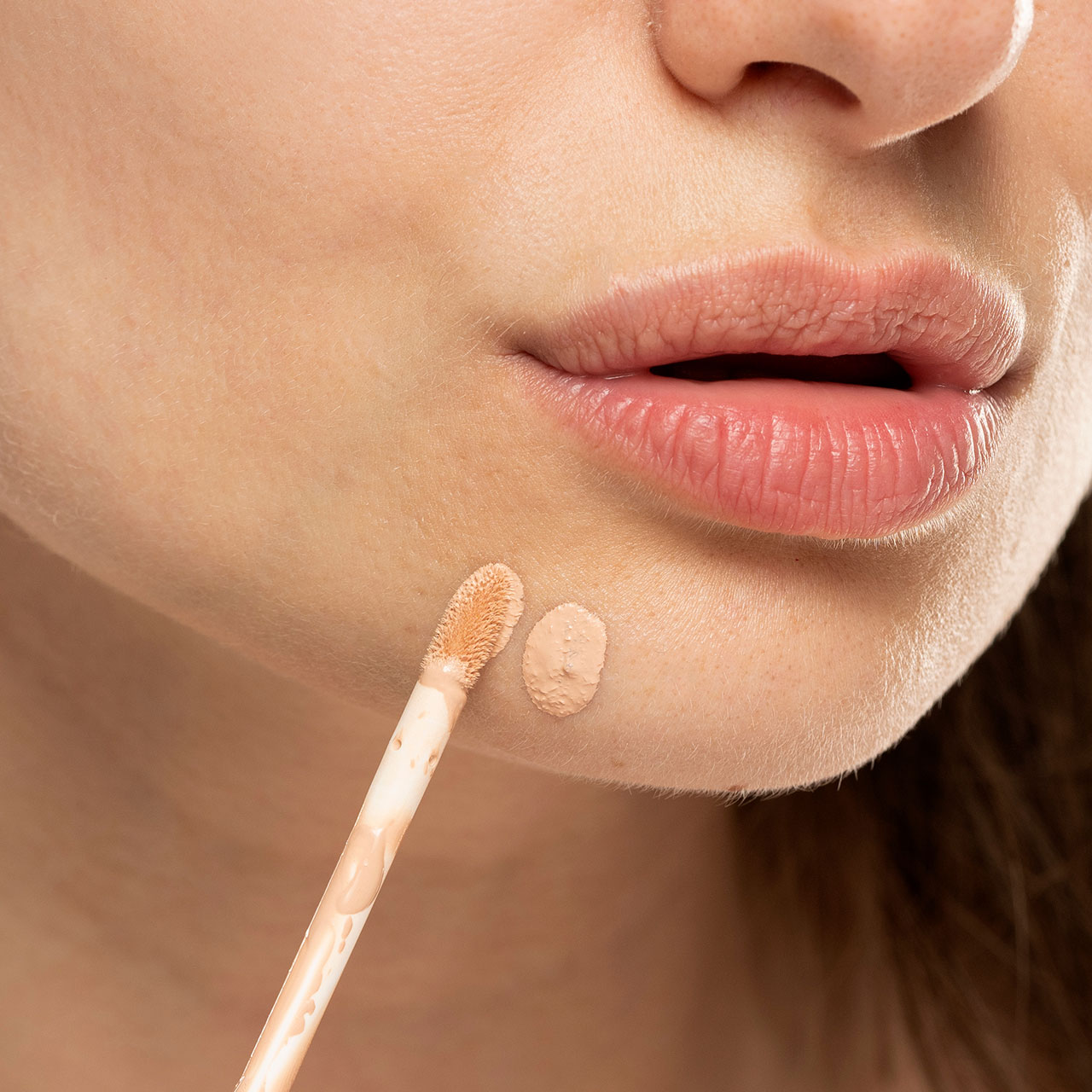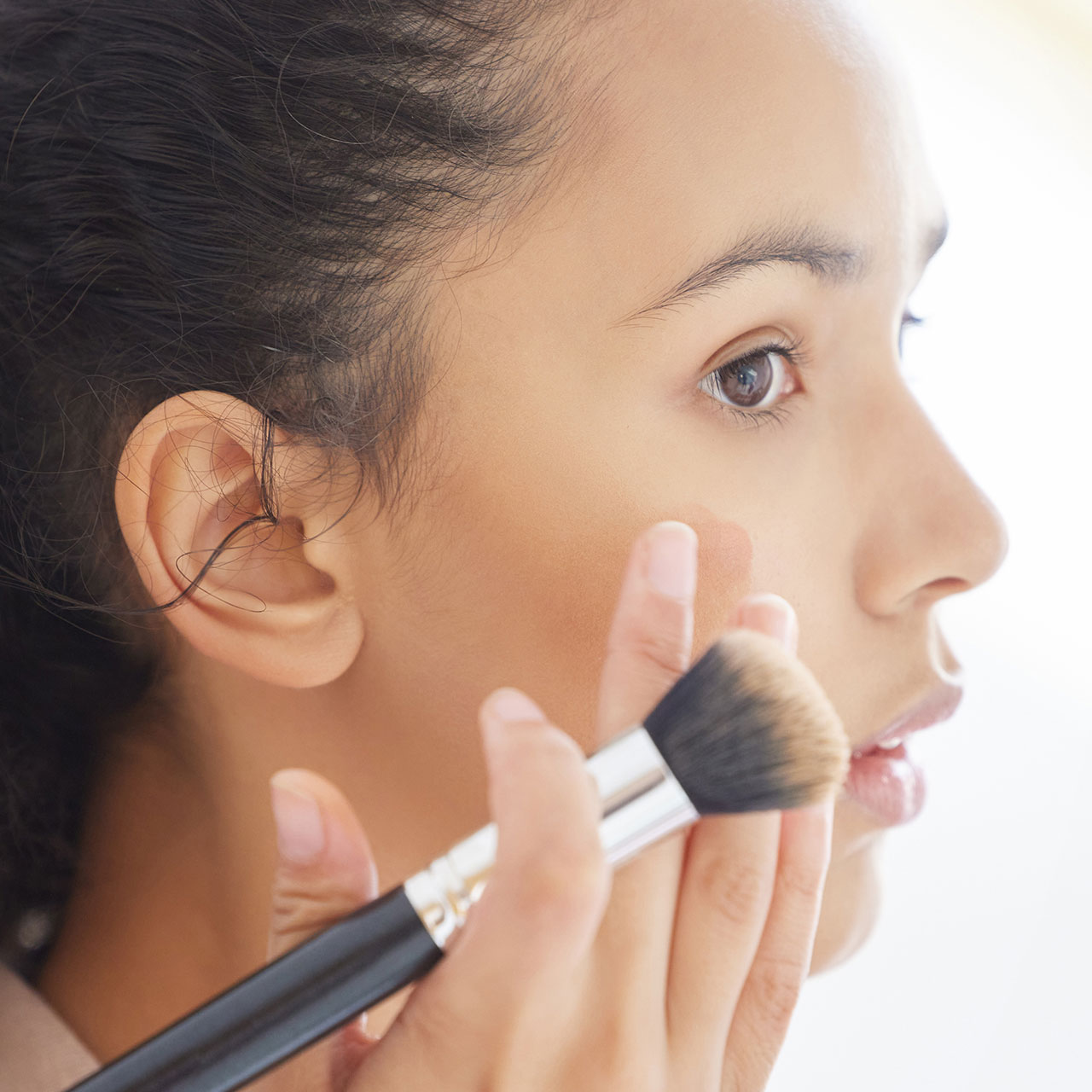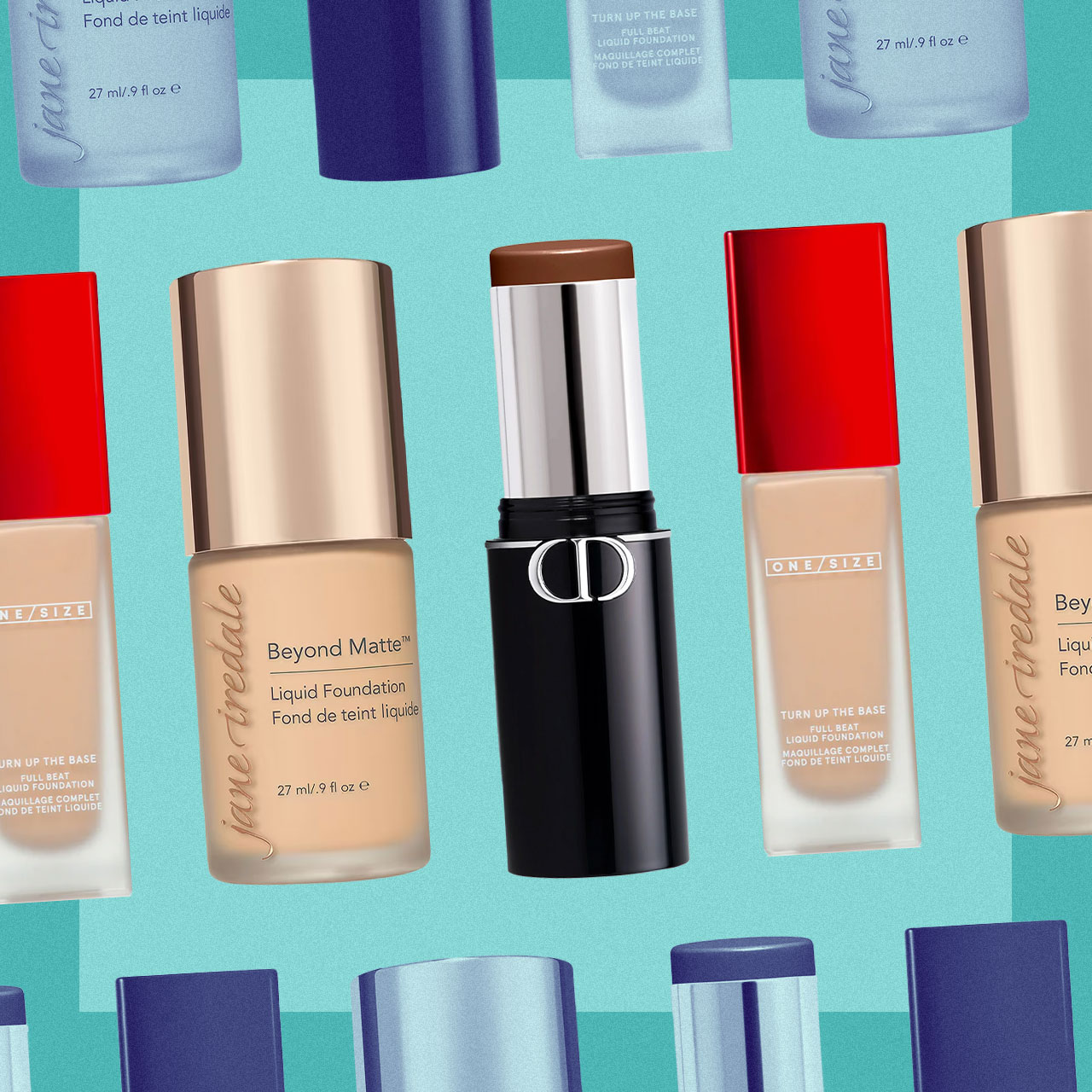This is an archived article and the information in the story may be outdated. Please check the time stamp on the story to see when it was updated last.
Taking care of your skin in your youth is one of the best ways to slow the aging process and preserve collagen and elastin for a wrinkle-free complexion. However, you may be applying sunscreen each morning and religiously using retinol at night and still inadvertently putting your skin at risk of premature aging and damage.
Ensuring that every step of your skincare routine contributes to your beauty goals is vital for achieving the best results, and there’s one common mistake that experts agree could be doing the most damage to your skin, particularly in the long term. We spoke with board certified Plastic Surgeon Dr. Michael Horn for the professional rundown on what not to do in your daily routine for better skin, and it all comes down to how often you exfoliate.


Over Exfoliating
Exfoliation, when done one to two times per week, is actually great for your complexion in removing dead skin cells and smoothing and brightening your appearance. However, following this skincare step too frequently can do more harm than good to your skin, stripping it of essential oils and potentially causing damage which can expedite the aging process. “When you over-exfoliate, you can damage your protective skin barrier. In turn, this could leave your skin exposed to environmental toxins, sun damage, and accelerated aging,” explains Horn.
It may not be clear how this could contribute to premature aging, so Horn breaks it down into simpler terms. “Exfoliating too much can strip away the natural oils, also known as the skin’s lipid layer. Without this layer, you will end up with thin, dry skin and develop wrinkles faster than you would naturally,” he says. “Exfoliation can seem like an aggressor to the skin, causing it to use its energy to repair itself and heal, causing it to age quicker.” It is important to remove that dead layer of skin which can build up throughout the week, but as it takes time for this to become an issue, it’s best to keep your exfoliation to a minimum to reduce causing unnecessary irritation to the skin’s barrier.

According to Horn, exfoliating one to two times per week should be plenty for smoothing and brightening your complexion without putting your skin at risk for premature aging or excessive dryness. “Cleansing the skin with just water and a gentle cleanser can remove the dead cells, dirt, pollutants and avoid clogged pores,” he suggests in the meantime. Seeing as your skin is incredibly delicate and you’re often advised to apply products with care, the same principle applies when understanding why over-exfoliation could be to blame for expediting the aging process.
Exfoliating can still be useful in order to reveal new skin underneath the dead cells, but much like a diet, everything should be in moderation. However, Horn adds that SPF is one thing you can never overdo when working to protect your skin from falling victim to the hands of time. “Wearing SPF every day can help avoid damaging your skin and premature aging and wrinkles. Try to avoid sunscreens with alcohol and gels that can dry out the skin. Instead, use a moisturizing one with antioxidants that can protect your collagen,” he concludes. Maintaining a delicate balance of preservation and exfoliation will create the most change in your complexion, revealing brighter, younger looking skin underneath--provided you aren’t exfoliating too frequently.


























